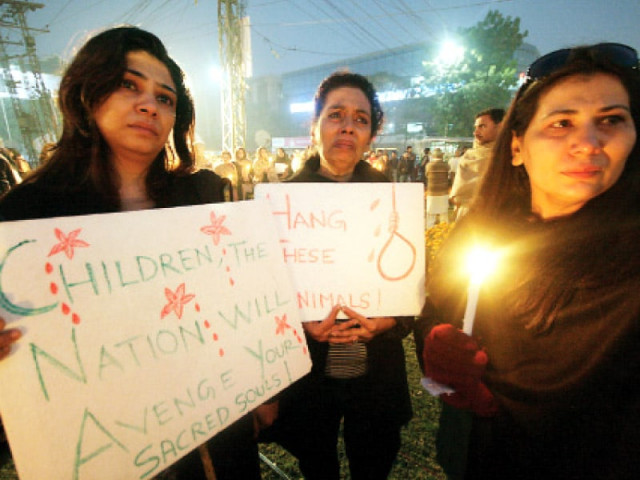Civil Rights: A fine balance
‘Laws against anti-state elements are open to misuse’.

As comprehensive legal steps are proposed to be taken to rid the nation of the scourge of terrorism, experts have stressed the need to ensure that the initiatives do not compromise fundamental rights.
The process of getting an FIR registered, various sections of the MPO and Section 144 of the Criminal Procedure Code are conspicuous examples of the law being used to violate human rights. The passage of the Protection of Pakistan Act 2014 provided law enforcement agencies with unrestrained powers in the name of checking the antics of anti-state elements conspiring against the nation. The democratic government is on the verge of taking more stringent measures in this regard with the establishment of military courts but experts have stressed the need to ensure that such laws are not used to settle political scores. Ahmed Awais, a former president of the Lahore High Court Bar Association, said the MPO had been used to curtail the right to free movement by allowing anyone to be confined following a notification from the DCO. He said Section 144 had been used similarly to curb the opposition’s right to protest peacefully. Awais said the section had been imposed time and again in the history of the nation and the time was ripe to arrest this trend.

He said police also abused its power regarding the registration of an FIR by implicating citizens in bogus cases. Awais said some policemen did this to further their interests and some politicians used this to settle scores. He said innocent people were arrested and kept in illegal confinement at unknown locations without any rhyme or reason in the name of fighting terrorism.
Advocate Tipu Salman Makhdoom said the National Assembly had already passed the divisive Protection of Pakistan Act 2014 and was on the verge of establishing military courts. He said the Act had given law enforcement agencies the power to shoot-on-sight any suspect after securing the permission of a grade 15 official, search-without-warrant powers, inform courts about any suspects arrested after two days instead of the original one-day and keep a suspect in physical remand for a maximum of 60 days that was previously limited to a 14-day period.
He said it was fine if the law was used against anti-state elements but it could be potentially used to target innocent citizens. Makhdoom said the establishment of military courts would result in a similar predicament as they undermined the judiciary and fostered the impression that only the armed forces were capable of running the country. He stressed the need to ensure that legal cover was not used to violate fundamental rights.
Published in The Express Tribune, January 1st, 2015.



















COMMENTS
Comments are moderated and generally will be posted if they are on-topic and not abusive.
For more information, please see our Comments FAQ